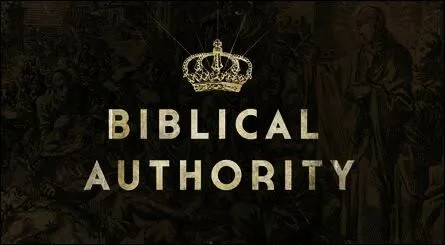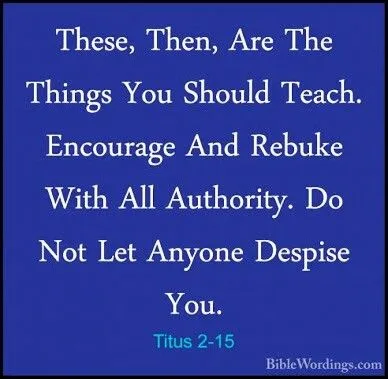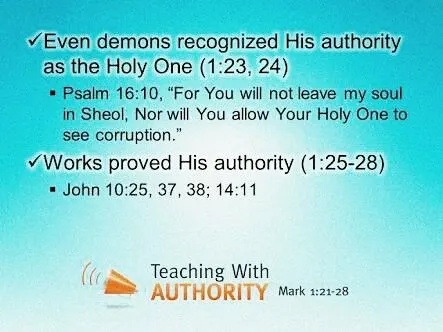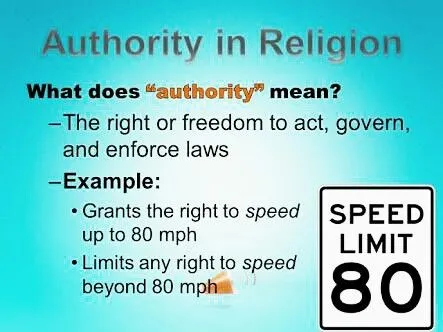
Hi everyone, Greetings to all Steemians @steemchurch community, today I bring to you God's word which I titled understanding biblical authority.
Have you ever wondered what authority is? What it means? What is its source? What are its implications for us as Christians? In this session we are going to examine ‘Authority’ from a Biblical view.

"Authority" is translated as exousia in the Greek language which means rightful, actual, and unimpeded power to act, or to possess, control, use, dispose of, something or somebody.
The word signifies power that is in some sense lawful, the stress being on the rightfulness of power really held or possessed. Sometimes used in a general secular sense to describe self -control (Acts 5:4) KJV:Whiles it remained, was it not thine own? and after it was sold, was it not in thine own power? why hast thou conceived this thing in thine heart? thou hast not lied unto men, but unto God.

Jesus is saying that he who is in us is greater than he who is in the world. His power is greater than the power of the enemy. When there is a head-on conflict between the power of the enemy and the power of God, the power of the enemy will lose every time.
Jesus Christ that's been given to us and the significance of living in that power and authority. Jesus made the promise to give us this power and authority in Matthew 16:18when he said to Peter:
"KJV:And I say also unto thee, That thou art Peter, and upon this rock I will build my church; and the gates of hell shall not prevail against it".
Jesus was going to build his church. The church was going to advance. The gates of Hell could not withstand it.

SOURCES OF AUTHORITY
It is important to remember that all of these only serve as secondary forms of authority. Not one of them is complete or adequate in itself and so should not be relied upon as a conclusive or absolute of final source of authority. They have their uses and their limitations.
1.The Creeds (why and when were they formulated?)
2.The Historic Confessions (e.g. Westminster Confession)
3.Consensus as to what one should believe (how safe is this?)
4.Subjective experience (how can this substantiate doctrines?)
5.Reason or Rationalization as a means of acceptance

A big thanks to everyone who took out time to read my post, thanks to @knight to the initiative of the gospel of Christ in steemit